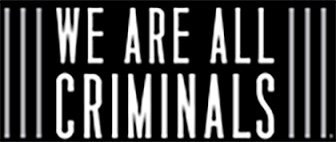SEEN is a prison portrait and poetry project. But more importantly, it’s a Minnesota portrait and poetry project. Through photography, video, and written word, we share the poignant brilliance of poets and prose writers in Minnesota state prisons, and work together to make the invisible visible, the unheard heard, and the unseen seen. Mass incarceration is dependent upon the ignoring and erasure of the human beings we cage. In collaboration with the Minnesota Prison Writing Workshop (MPWW) and the thoughtful, intelligent, humble, and deeply gifted writers on the inside, WAAC challenges and disrupts mass incarceration by clearing the pathways for people behind bars to have their voices heard, faces seen, and humanity recognized–and for people on the outside to reckon with the inhumanity of our country’s mass incarceration mass disaster.
This page is dedicated to the work of C. Fausto Cabrera. For more poets and essayists, check out the SEEN page.

The Visiting Room
I was sitting across from my girlfriend in the visiting room of the Minnesota Correctional Facility at Stillwater three years into my stay there, nodding in understanding as she vented about her latest drama with co-workers. My gaze drifted over her shoulder and landed on a couple and their kid while they all posed for an inmate photographer. As the small family smiled for the camera, a memory jolted loose: I suddenly remembered being in this same room 20 years ago, as a 6-year-old.
I spent the remainder of my girlfriend’s visit distracted, trying to recall all the details. When I was a kid, there was a large play area here, decorated with a mural of the Smurfs; it has now been reduced to a lone children’s bookshelf. I remembered people mingling freely. Physical contact was allowed then, and proud fathers bounced their kids on their knees and lifted them into the air. Couples made out like lovestruck teenagers. One of those couples was my mom and stepdad, Hermón.
It’s not that I completely forgot that my stepdad served time at Stillwater, but I hadn’t realized I had been meeting my visitors as an adult in the very same room. In that moment, I registered the significance of a space that was both anchored in nostalgia and a symbol of my rock bottom.
After my girlfriend left, I dug through old photographs in my cell and found one that took my breath away. In it, my sister is clinging to one side of Mom’s hip as I rest on the other side. We’re all dressed up: I’m wearing a clip-on tie and gray cowboy boots. We took this photo at our apartment before we drove to Stillwater, where my mom married Hermón in the visiting room. My mom was 27 when this photo was taken — about the same age I was while holding the photo in my cell.
How could I have missed this? Being at Stillwater as an adult and an inmate is, of course, completely different from visiting Hermón as a young child. My memories of childhood are filled with warmth, while my adult experience is defined by my restrictions. I can’t leave my seat, and I can hug only at the beginning and end of visits. And I had been too wrapped up in my own grown-up tragedies to think about much else. I had been working on unpacking the baggage I carried through the gates, trying to make sense of a wayward life. I live with eternal remorse and regret, knowing that I can’t change anything that happened. But recalling that memory, and finding that photo, made me confront how I resisted contemplating the external influences that affected me as a kid, for fear of making excuses for my actions.
When I was a kid, Stillwater was shrouded in mystery. Its tinted windows held the electricity of an exclusive nightclub. Our apartment was peppered with gifted prison novelties: photo frames woven out of Newport cigarette packs, envelopes adorned with exquisite roses and elegant cursive, artwork featuring cars and skulls drawn in delicate pen strokes.
Stillwater seemed to be a source of happiness for my mother. On the days we went to visit Hermón, Mom lightened up. She yelled less and laughed more. Sometimes she’d even play Nintendo with me beforehand. During the long drive, Mom always played Janis Joplin’s song “Mercedes Benz” to cap off our family singalongs. Something in Janis’s roaring voice spoke directly to my mother. “Oh, Lord, won’t you buy me …” was the only time I heard my mother pray. When she sang, a longing within her came alive and whatever she chased must have come into focus for just a moment.
Mom had only recently met Hermón, a Cuban refugee, while he was at Stillwater. At the time, I didn’t know that the marriage was more about his citizenship than love. Whether she fully understood that, I’ll never know. It was several months of visits entangled in a childhood of welfare stamps, WIC vouchers and subsidized apartment complexes. Soon it would all be drowned out by Mom’s subsequent battle with cancer. She died at age 32. I lost the person who meant the most to me when I was 12, and a darkness grew within me.
It’s all too simple to say my mom sealed my fate by taking me to Stillwater with her. In the street culture I grew up around, you didn’t vilify prison, because you’ve known and loved so many people caught in its cage. What a privilege it must be to explain to a child that “prison is a place for bad people.” I saw what happened when police came and left our household worse off than before. I didn’t need anyone to tell me what I already knew: We were the bad guys.
I now sit in prison wondering what I’m supposed to be doing. What’s the worth of enduring a harsh environment for what could be the majority of my life if I can’t pay forward on an insurmountable debt? I’ve made the most of the sparse programming prison offers. I’ve reached my limit of formal education while growing as a writer and artist. I feel a responsibility to do better, to be better. I owe more to humanity than abiding by prison policies. I know that redemption isn’t a destination, it is a lifelong pursuit — but I feel like I’m hitting the ceiling in here.
Originally published in The Washington Post Magazine, October 28, 2019
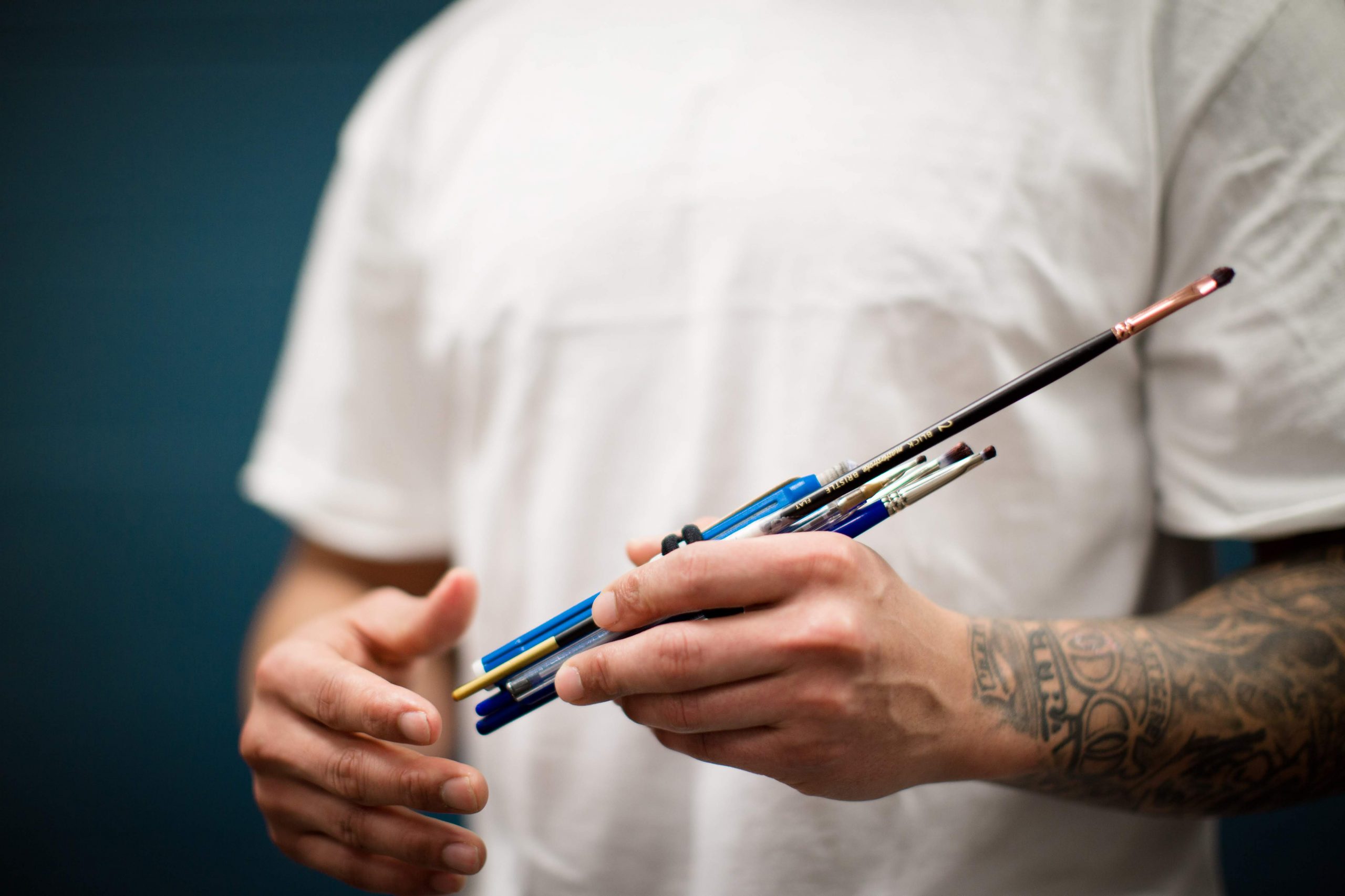
All I Know About Prison Shanks
after Alec Soth
I
It doesn’t have to look strong; it has to be strong.
Function over form from one purpose to another
For the sake of retribution—a prison formality.
II
I know where, I knew how, I didn’t know why—There
Were plenty made and stashed; spots you needed to know
Somebody for proper permission. When staff found them
They went on display in a shadowbox at the public entrance;
A clever collection used to classify this place—unrepentant.
III
I knew if I waited to make my own, when I needed it there’d
Be time to count the costs. Trading everything for nothing
Once was enough to teach me a thing or two about impulse.
Melodrama aside; I’m in a State where brutality can be avoided.
The silence of a sentence drowns most; yet there are men of
Serious intent, of serious consequence; whom I was blessed
To know, whom I would be blessed—to be.
IV
Too far to focus, too dark to adjust; some sacred places require blood
Sacrificed to enter. I don’t have to look strong; I have to be strong.
I knew I needed more than a Judge to save me. We follow whoever
Shows up when we cry out. The Book I never understood brought me
Back to be able to see my hand holding it. I flipped from page 1
And saw redemption meant payment for the sins I carried; yet in
My ignorance I pictured having to sacrifice my own lamb.
It may take a stronger monster to slay a monster; but a hero
Could save them, could remind them of who they once were.
V
All I knew when it mattered most is what they told me;
Those left to care enough to teach me.
They said,
Tie or tape it to your hand.
So when the blood, sweat & tears
Of flesh flood, they said,
You won’t drop it—you won’t drown.
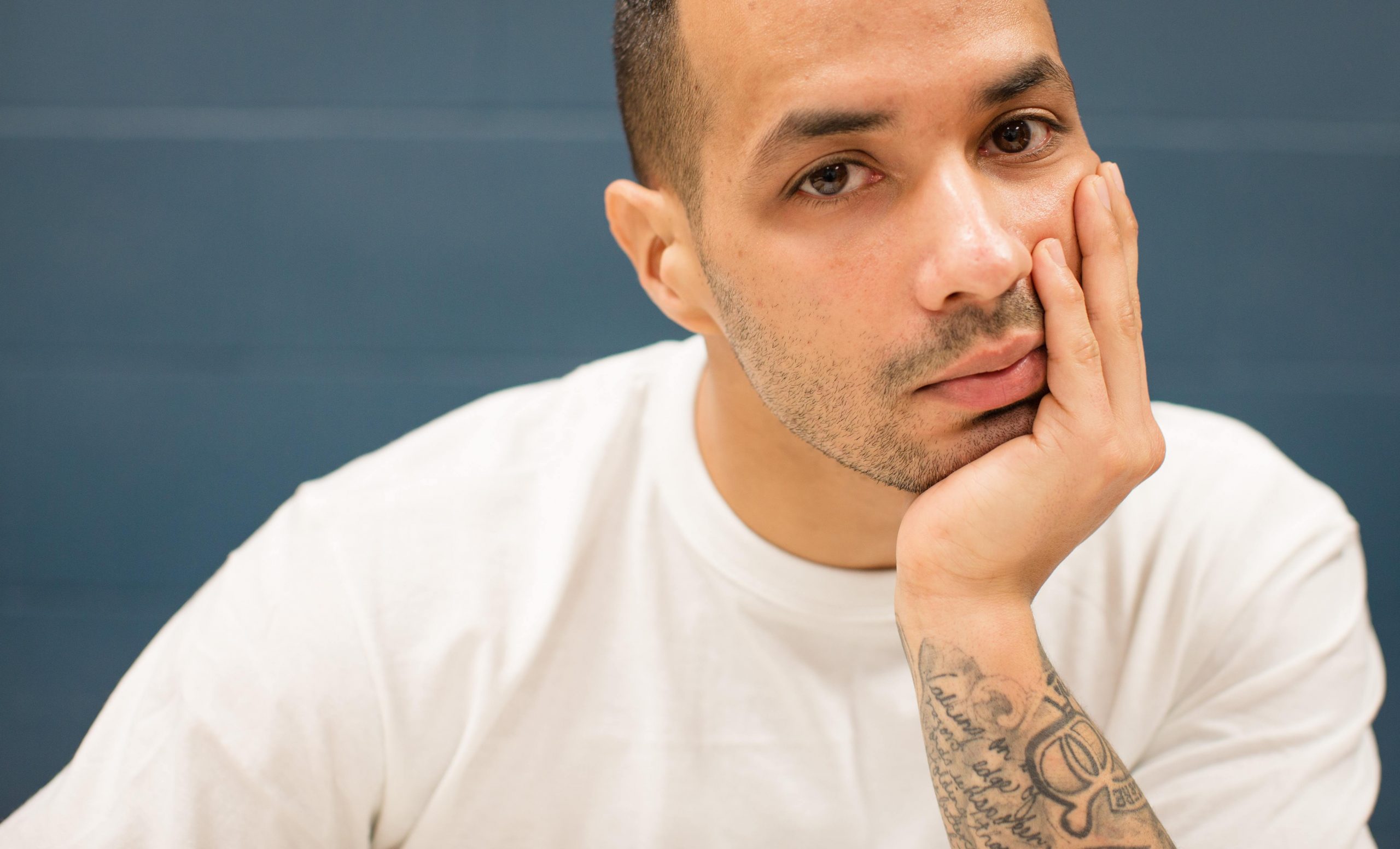
Not Pictured
If I’m not pictured & my contributor’s bio reads I’ve
been incarcerated since 2003,
what can I assume you’d assume.
It’s too late to make an ass out of me and I’m sure you’re safe.
I’m content to be clipart cutaways against a height chart,
maybe a bully mask made in the image of a villain from last
nights police drama that ended when I was off the street.
I do wonder what’s available under swiped and scrolling thumb.
The prosecutor procured the shot of a 1am traffic arrest for driving
after revocation, posted on a screen next to me–instead of the smiling
senior class pic with my hair curly, my shirt buttoned up and my tone
more suited for a funeral.
Do I become the substance of a surname. Which brand. His pain
put into a panic, his. A shade not blond nor blue. Hispanic
of some kind, tattoos crawling up to whisper what’s in store,
on the shelf, head shaved clean as a pool or garden, farmed fresh.
I contemplated–what a smirk or smile shadowed with bars
or chicken-wire across my face would evoke, what it could save
or separate from the last predator posted across your nightly news
and it’s not all about race anymore is it. Now it’s based on choice.
I was too black, content to be the token
then I was too white, pointy nose and over enunciated.
I didn’t speak Spanish, nor cared to enough,
my default doesn’t exist. No matter who you are–
I’m never one of you
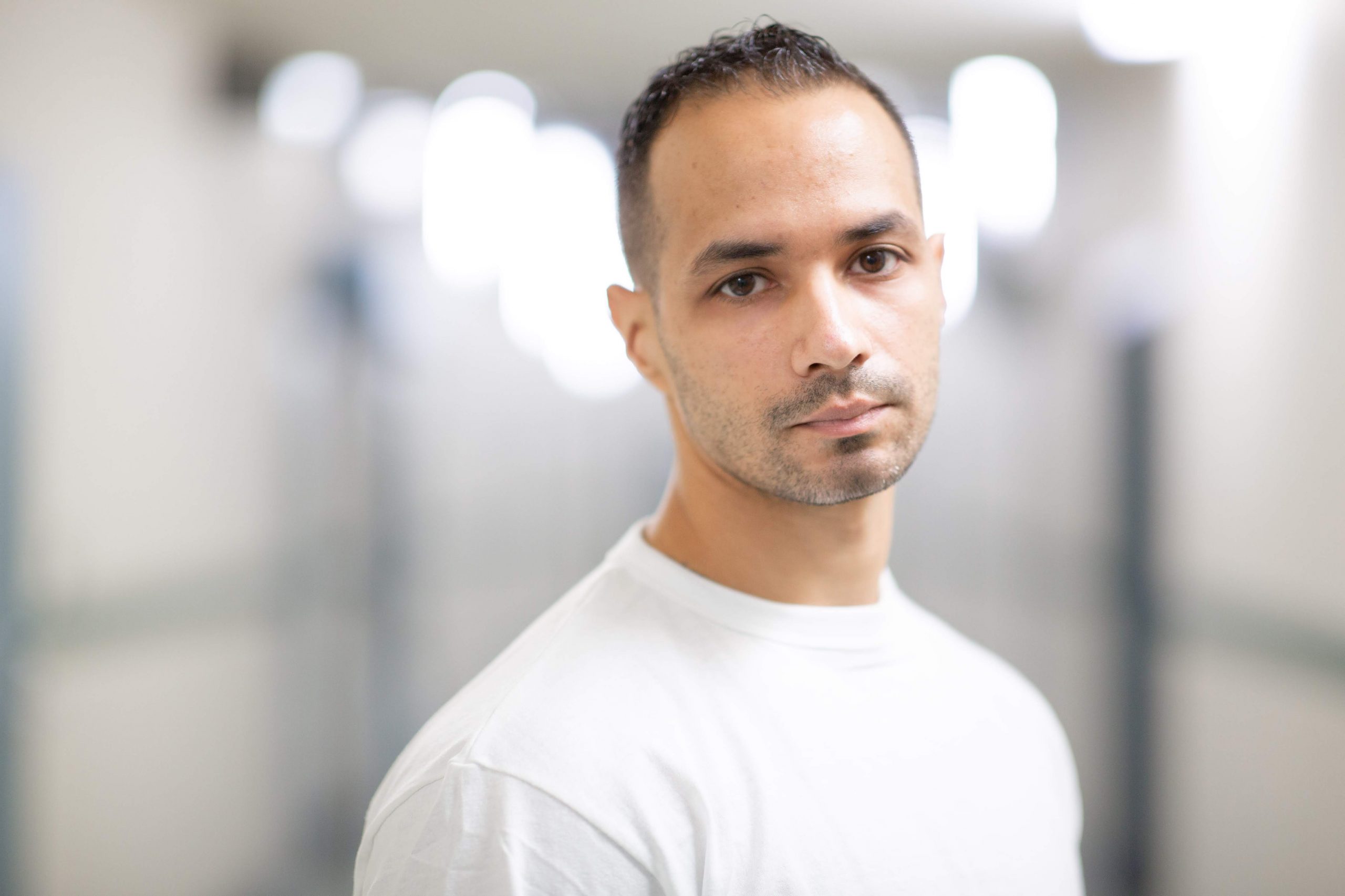
Being Seen
With my head down, hands in pocket walking a corridor that seemed to stretch 17 years into the past of incarceration, I looked up to see a young female guard smiling. At me?
I did a double-take and it suddenly became apparent what my art has been all about, all of these years.
I’d cut my teeth, made my bones stumbling from one project to the next in the divine dissatisfaction of following crumbs in the dark.
Using references from magazines or random pictures I’d been drawn to the allure models, actresses, & singers were paid to convey.
To be seen—
a moment of recognition we try to capture in our hearts cage,
this idea that someone sees us, the real us and still chooses to smile.
I felt a flutter for a split second in this place where I was not allowed to be seen separate from my crime, nor punishment; always the worst of me.
But the moment soon shattered.
I heard keys jingle behind me and veered
leaving her gaze where it belonged
fixed on the person she looked through me to see.
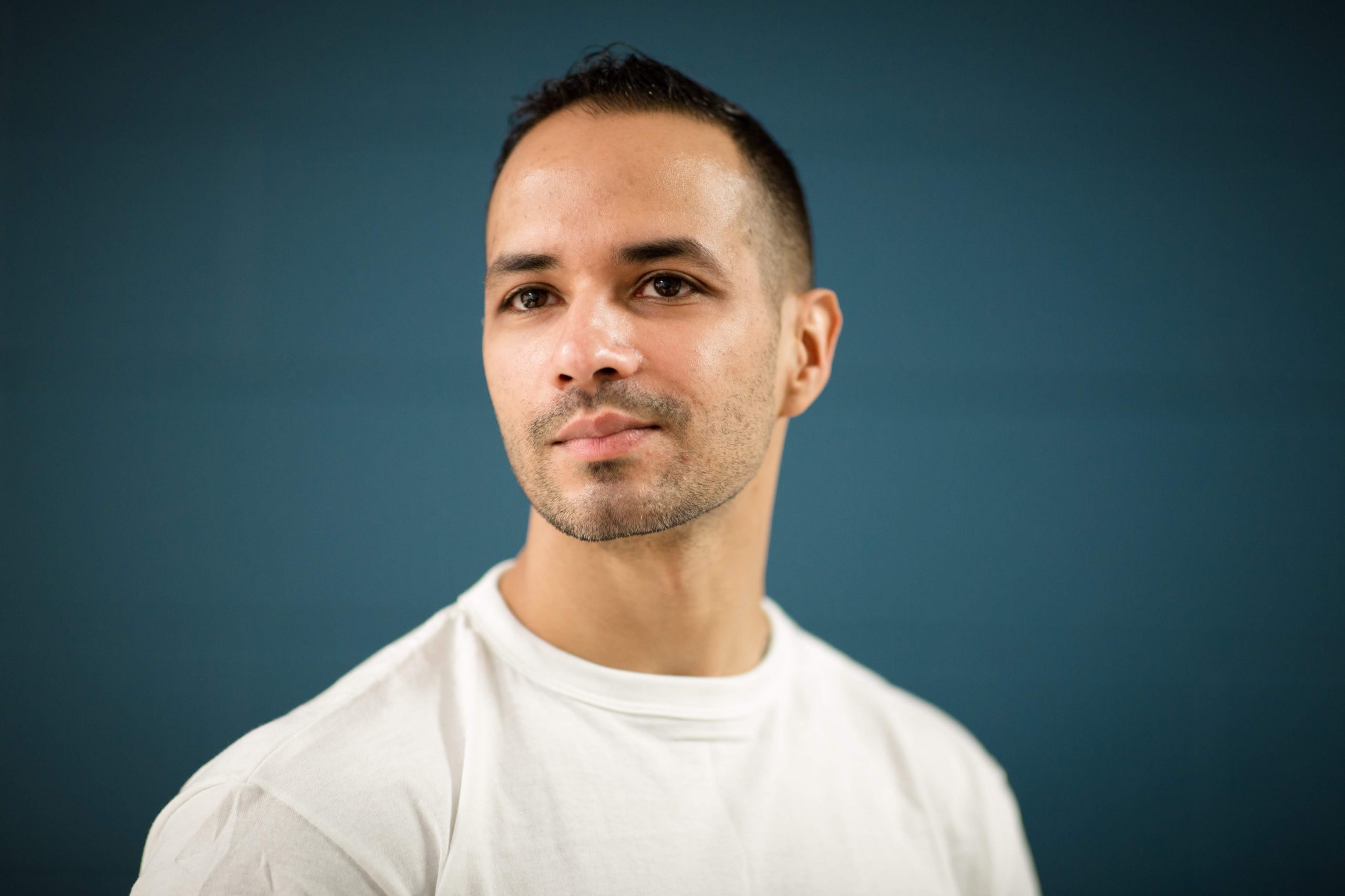
A Ladybug’s Visit
She need not say a word,
through the wonder
of being.
Shielding the savage
her ruddy shell protects
a heart that lights
the wild.
At any time she could’ve flown,
but fascinated, she stayed.
She would not crawl
onto my fingertip,
but she didn’t leave
my side.
In the mirror of her smile
I appeared polished.
How do we expect
to hear what angels speak
when I could not convey
my gratitude to her?
And then,
like everything,
she was gone.
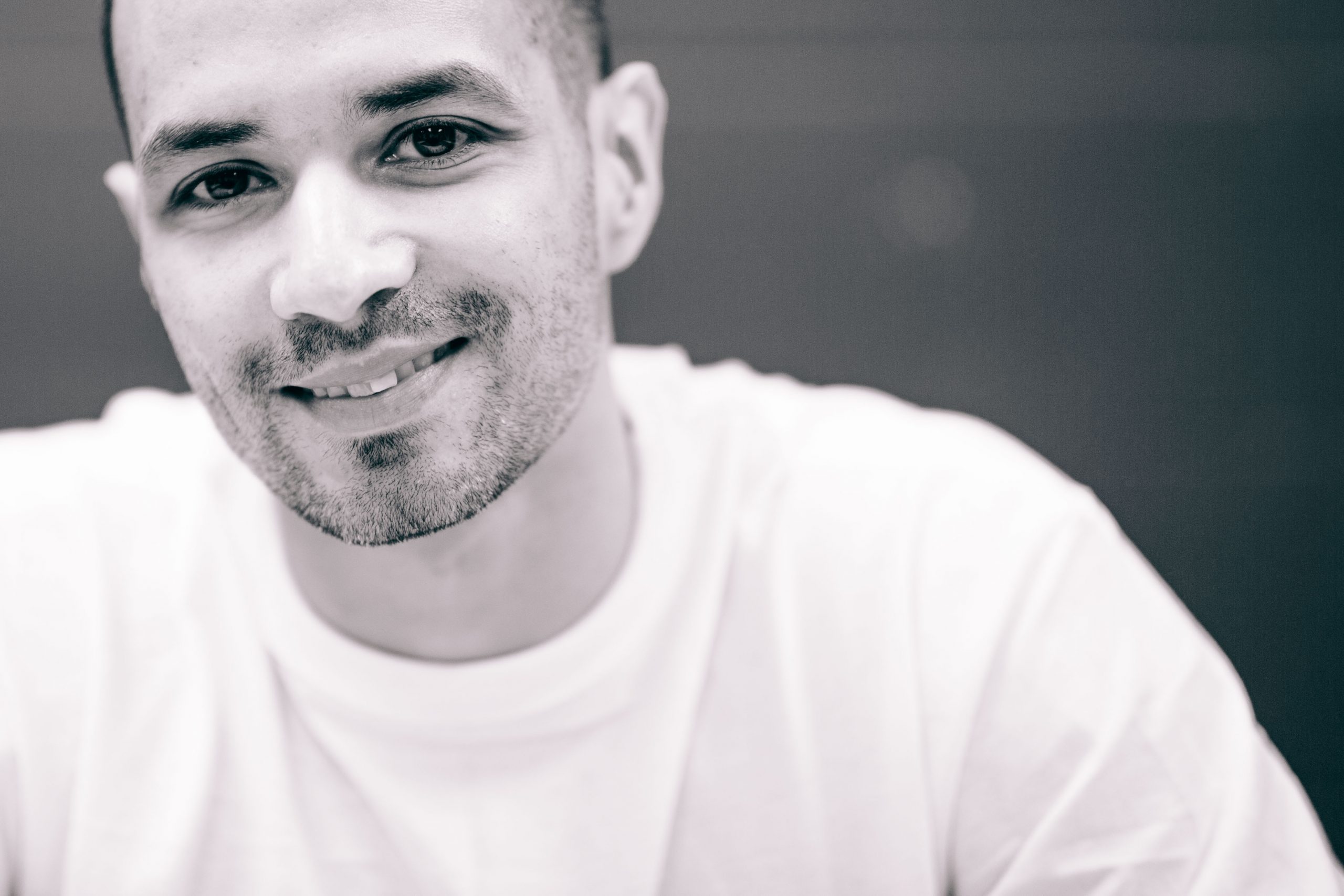
Excerpt from A Certain Kind, an introduction for MPWW
It’s the sounds that lull you: the bells as a training device for animals, jingling of keys, an ever presence of authority, a constant murmur of voices until suddenly it stops. I grab the panel of steel bars and begin to close my own door, sliding on a track with the momentum of a roller coaster before the slam echoes in my core. These are the sounds that sink to silence leading you to believe this is an option you chose. I didn’t have to fight anyone today, I probably won’t fight tomorrow-but tonight, like every night, I’ll fight the idea that I belong here, in this cage.
I think of all the men around me, with experience lying dormant under the soot of poor decisions. I know not many are scribbling in notebooks. I understand that when everything you’ve built is lost to a moment of impulse it is dangerous to believe that anything you craft is safe from your fire. It is a hard sell to convince a guy to start over and build on the shifty prison sands of an hourglass continually shaken. It’s natural to focus on distraction and want to simply endure a prison sentence. It’s sad to think that most of these stories, the ones truly worth telling. will perish in the dignity found in forgetting. Destruction begets destruction and prison kills your spirit; but creativity can resuscitate the soul. Unfortunately writing is not for everyone.
For a small number of men at Stillwater prison, it’s what we’ve devoted our lives to. I wish I could tell you how the Stillwater Writers’ Collective is a band of brothers united and empowered by our efforts to prove how literature can change the prison culture, a cause most in the room have invested in. I wish I could spin a yarn of Hollywood proportion with Eye of the Tiger from Rocky playing over a montage of clips: us around the table engaged and focused, at a white board planning the next move, dappled with quick cuts of marches, picket lines, rattling fences, smoking quill pens and poems written on toilet paper rolls. But in truth, we live fractured lives and bear great baggage. We have our own motives; we’ve learned to be combative and are taught that everyone around us is coming to take the little we have left-be it dignity or possession. We are individualistic, selfish and starving for scraps of attention the caged crave. The nature of prison encapsulates you at your lowest hour and threatens to never let you go.
We are responsible for atrocious acts and this is no small thing to consider. Its protocol for people to want to take us for who we are today and shun the past moral barriers we have breached; but to deny these realities is to live in denial of the deepest darkest impulses that linger at the primal bedrock of the human condition. The problem lay in our inability to endure such contradicting emotions while holding people accountable. What do we do when a human being strays from the boundaries we set for humankind and how do we bring them back into the fold of humanity- once we have caged them? One way is writing. And that’s what we devote time to as a collective.

